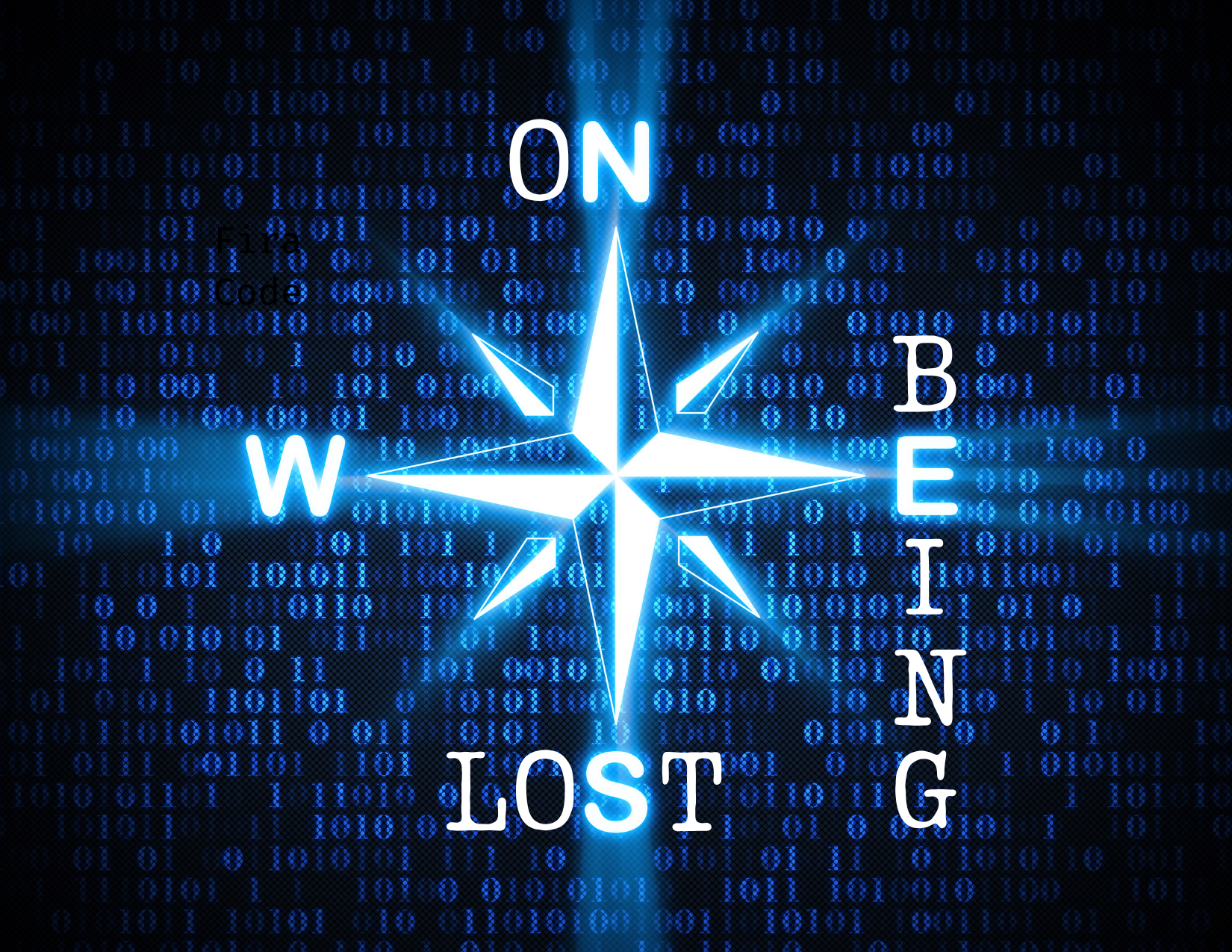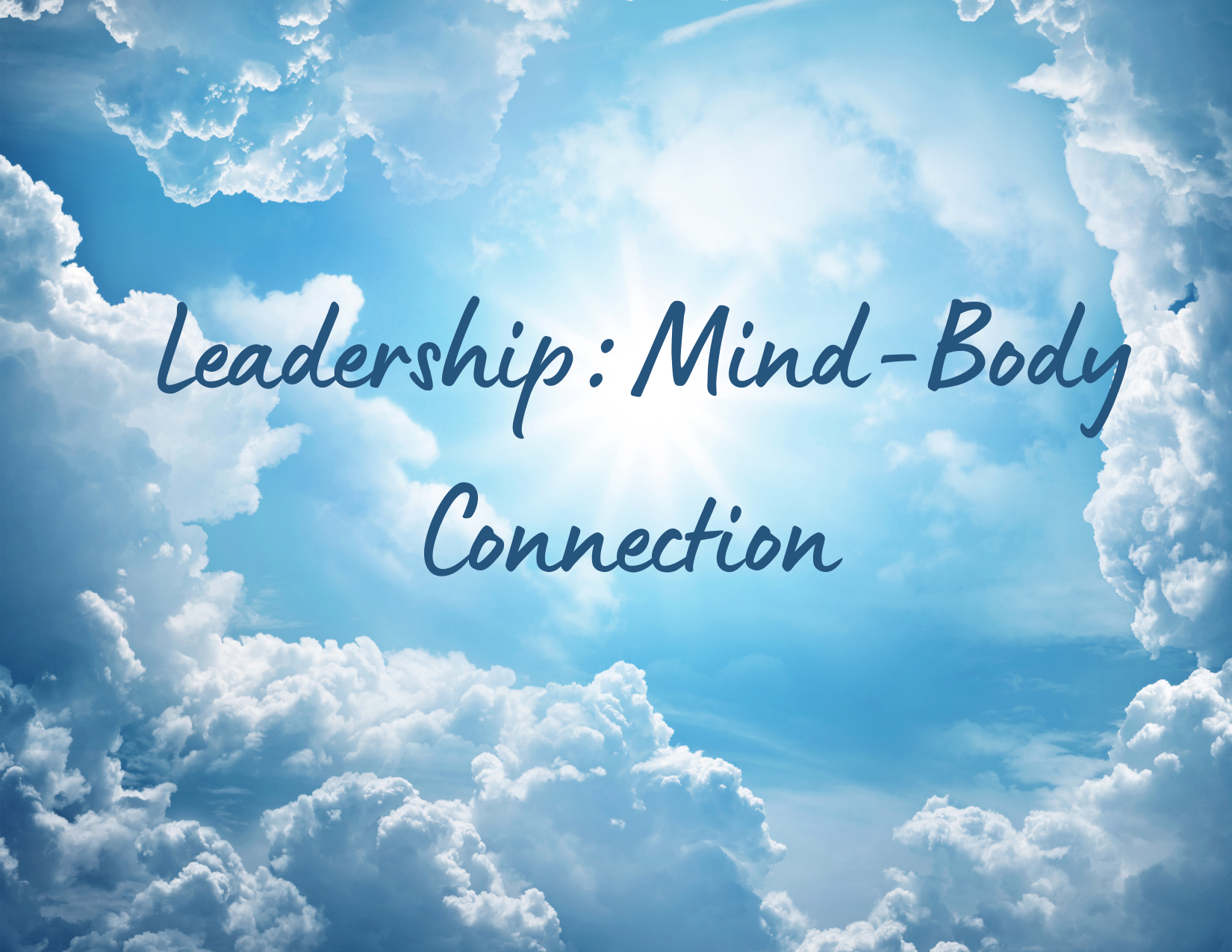A mantra I live by as a leader is prioritizing winning the war for my teams, knowing it means losing some battles and skirmishes along the way. Distractions can easily veer one off course, but I make it a point to stay focused on my ultimate goal and embrace obstacles. Doing this has taken time and effort, requiring me to manage my natural tendencies and form new habits that help me stay on track.
Getting caught up in being right, proving your point, or standing your ground is easy. These approaches are traps. Instead, focusing on the bigger picture and long-term goals can lead to greater success, and accepting short-term setbacks or failures can provide valuable learning opportunities that can help you develop resilience and perseverance. The art of moving forward, achieving, and exceeding goals is found in the discipline of discernment.
Discernment
The ability to discern is crucial to decision-making. It involves utilizing critical thinking and reasoning skills, especially when faced with complex problems, systems, or people. It requires you to be detached from the outcome, providing an unbiased perspective for strategic decision-making. Two questions to ask yourself are, “Do I have the ability to influence the result?” If yes, “At what cost does that come in the long-term and the short-term?” To navigate these questions, you must understand what matters, what is in your control, and what is within your power and influence. If you do not have the power or influence, you can still make a compelling argument that plants the seeds for the future and gets the points across that you believe are essential and relevant. If the odds are not in your favor, disengage and take the loss unless the issue is one where ethically or morally, you feel you need to stand your ground.
Control
As a leader, it is easy to fall into the trap of being overly controlling to achieve the desired outcome. However, such behavior can lead to conflicts that hinder your ability to achieve your goals. Relationships are the common thread that ties wars, battles, and skirmishes together, and controlling behavior can upset the power balance, erode trust, and cause resentment and frustration. It can also cost you future allies. Therefore, it is essential to maintain a balance between control and flexibility in order to achieve the best possible results.
Flexibility
It can be detrimental to be in constant fight mode. Wanting to win all the time is self-centered egoic behavior. Prioritizing and choosing which battles and skirmishes to engage in is crucial. Being flexible and open to different perspectives enables you to make necessary adjustments to your plans and strategies, considering multiple viewpoints. Making informed decisions often requires considering diverse perspectives, which may result in losing battles and skirmishes along the way.







